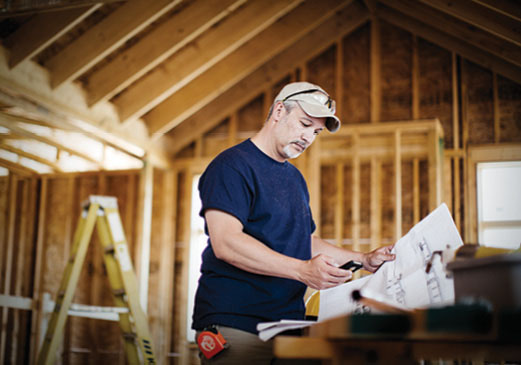While selecting a single propane-powered appliance can make a difference on its own, choosing propane for all of your home’s key systems—an approach known as the Propane Energy Pod—is the best way to maximize the benefits of propane in your home.
The Propane Energy Pod is a whole home energy package that delivers superior comfort and efficiency compared with all-electric homes. Using high-efficiency propane appliances provides optimal energy performance that is unmatched by electric alternatives. For homebuilders and homeowners alike, choosing propane for a build or remodel can be a big advantage in home performance, comfort, and efficiency.
Don’t just take our word for it, though. Check out these nine reasons a Propane Energy Pod is more efficient, more comfortable, and more affordable than an all-electric home:
- Space heating. Propane furnaces and boilers provide comfortable, consistent heat. Electric heat pumps can deliver uncomfortably cool air for up to 85% of the heating season.
- Energy efficiency. 79% of Pod builders say efficiency was an influential factor in choosing propane appliances.
- Water heating. Propane tankless water heaters never run out of hot water, and they can offer $150 per year in savings.
- Higher home value. Builders estimate that a Pod home will have, on average, a 7% higher sale price than all-electric.
- Cooking. Propane ranges offer instant, precise control, compared with just 10 discrete heat levels found on most electric cooking appliances.
- Easy to install. 82% of Pod builders say propane-fueled appliances were easy or very easy to install.
- Clothes drying. Propane dryers save about 20% in energy costs annually compared with electric clothes dryers.
- Fireplaces. With efficiency ratings up to 91%, propane fireplaces offer the joy of a real fire with none of the hassles of wood.
- Incentives. Homes built with the Propane Energy Pod are eligible for an incentive up to $1,500.
Information in this blog provided by the Propane Education & Research Council.

